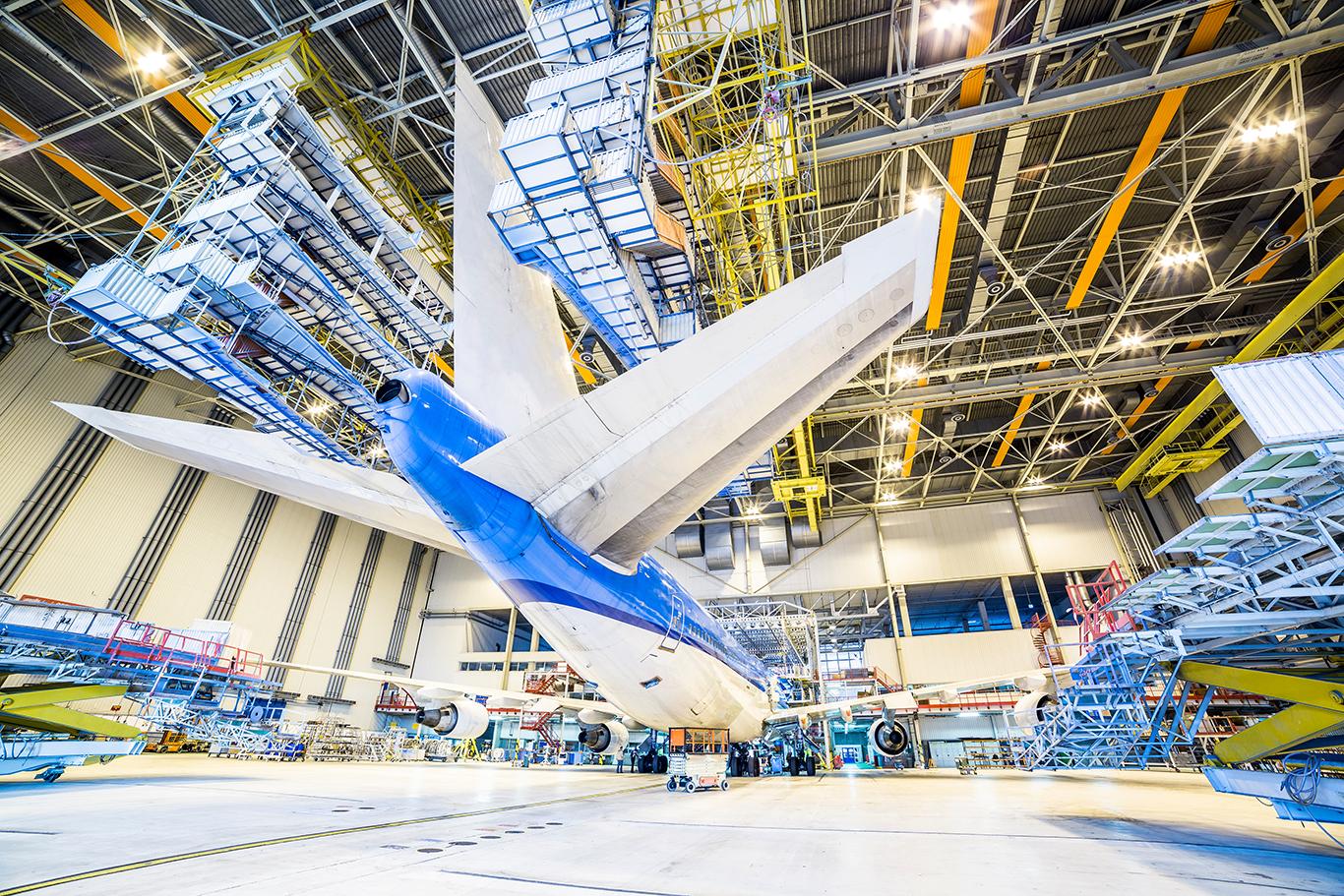
Умная почта, быстрый бизнес. Автоматически помечайте, анализируйте и отвечайте на запросы, котировки, заказы и многое другое — мгновенно.
В тренде
Airbus Increases Transparency for Aviation Suppliers Amid Supply Chain Challenges

Airbus Increases Transparency for Aviation Suppliers Amid Supply Chain Challenges
Airbus is intensifying its efforts to enhance transparency for its aviation suppliers as the aerospace industry continues to grapple with persistent supply chain disruptions. The European manufacturer’s strategic initiatives are beginning to provide clearer visibility for suppliers, following a year marked by significant bottlenecks and production delays.
Improving Conditions for Suppliers
Constellium, a leading aluminium products manufacturer and key aerospace supplier, has reported improving industrial conditions. At the Paris Airshow, Philippe Hoffmann, president of aerospace and transportation at Constellium, expressed cautious optimism about the evolving situation, noting that the company is experiencing better clarity and improved operational conditions. This sentiment reflects a broader trend among suppliers as Airbus works to address longstanding supply chain challenges.
Supply chain constraints, particularly in engine production, have previously limited Airbus’s ability to increase output. Despite these obstacles, the company has reaffirmed its delivery targets for 2025. Constellium, which experienced reduced volumes last year, anticipates a rebound in demand as both Airbus and Boeing plan to increase aircraft deliveries. This positive outlook is supported by data from the IndexBox Market Intelligence Platform, which highlights strong long-term demand for aluminium in aerospace manufacturing.
Production Outlook and Industry Dynamics
Airbus’s substantial order book, especially for aluminium-intensive models such as the A320 single-aisle jet, underscores the sector’s growth potential. As inventory backlogs are addressed and production accelerates, the aviation industry appears positioned for renewed expansion. However, ongoing supply chain disruptions—most notably in engine supply—continue to present risks, even as Airbus implements measures to reset and stabilize its supply chain.
Market responses have been mixed. While ANA Holdings has confirmed new orders for aircraft from Airbus, Boeing, and Embraer, Riyadh Air’s significant order for Airbus A350-1000s signals sustained confidence in Airbus’s long-term prospects. Competitors are also adapting by adopting similar strategies to manage supply chain turbulence. Industry discussions have raised concerns about deferred investments and workforce shortages, which may further complicate recovery efforts.
Sustainability and Future Challenges
In addition to supply chain issues, the industry faces challenges related to sustainability. Several manufacturers have scaled back sustainable aviation projects following recent funding cuts for green aviation initiatives. This retreat raises questions about the pace of innovation and the sector’s commitment to environmental goals, potentially impacting Airbus’s long-term sustainability ambitions.
Despite these uncertainties, the outlook for aviation suppliers is gradually improving as Airbus and its partners enhance transparency and work to stabilize production. With a robust order pipeline and ongoing efforts to resolve supply chain issues, the sector remains cautiously optimistic about growth prospects in the coming years.